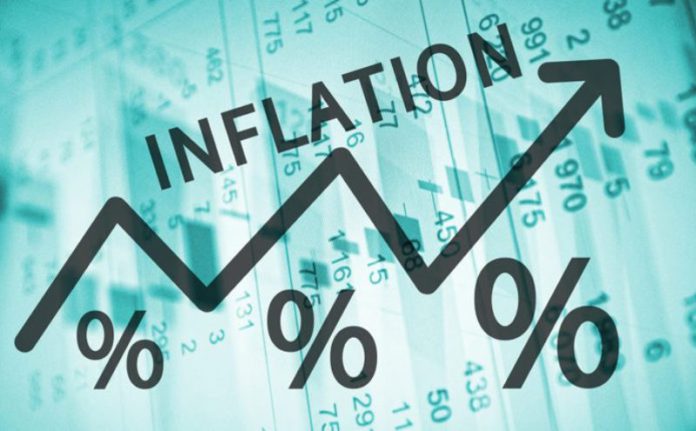Ghana’s consumer inflation has continued to decline, reaching 20.9% year-on-year in July, marking the fourth straight month of reduction.
This represents a 2.1 percentage point drop from June’s 23.0%, signaling a gradual easing of the economic pressures that intensified throughout 2023.
In July, food inflation was recorded at 21.5%, slightly higher than the 20.5% for non-food inflation.
Notably, the inflation rate for imported items stood at 15.6%, significantly lower than the 23.3% observed for locally produced goods.
This ongoing decline in inflation, which began in March 2024 at a rate of 25.8%, reflects a steady cooling of price increases.
Over the past five months, this consistent drop in inflation has provided some relief to consumers and businesses after a period of intense economic strain.
On a month-to-month basis, inflation growth also slowed, with a 2.1% increase from June to July 2024, down from 3.2% in May. This two-month trend suggests that inflationary pressures are beginning to ease.
Year-on-year data shows a significant reduction in food inflation, now approximately 2.4 times lower than in August 2023, although food prices remain slightly higher than non-food items.
Additionally, there is a notable disparity between inflation rates for locally produced and imported goods, with locally produced goods experiencing a higher rate of 23.3% compared to 15.6% for imported items.
Government Statistician, Professor Samuel Kobina Annim, attributed the overall decline in inflation to decreases in both food and non-food categories, highlighting the broader economic impact of these reductions.
Source: Adomonline
READ ALSO:


